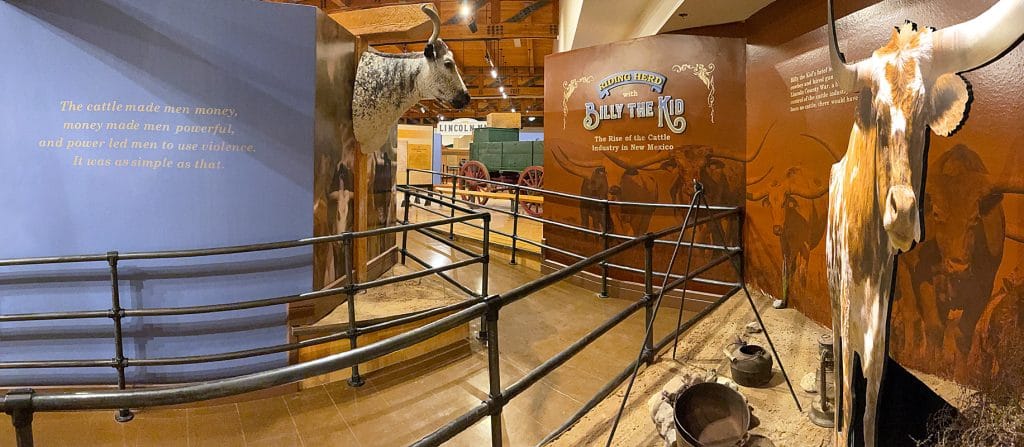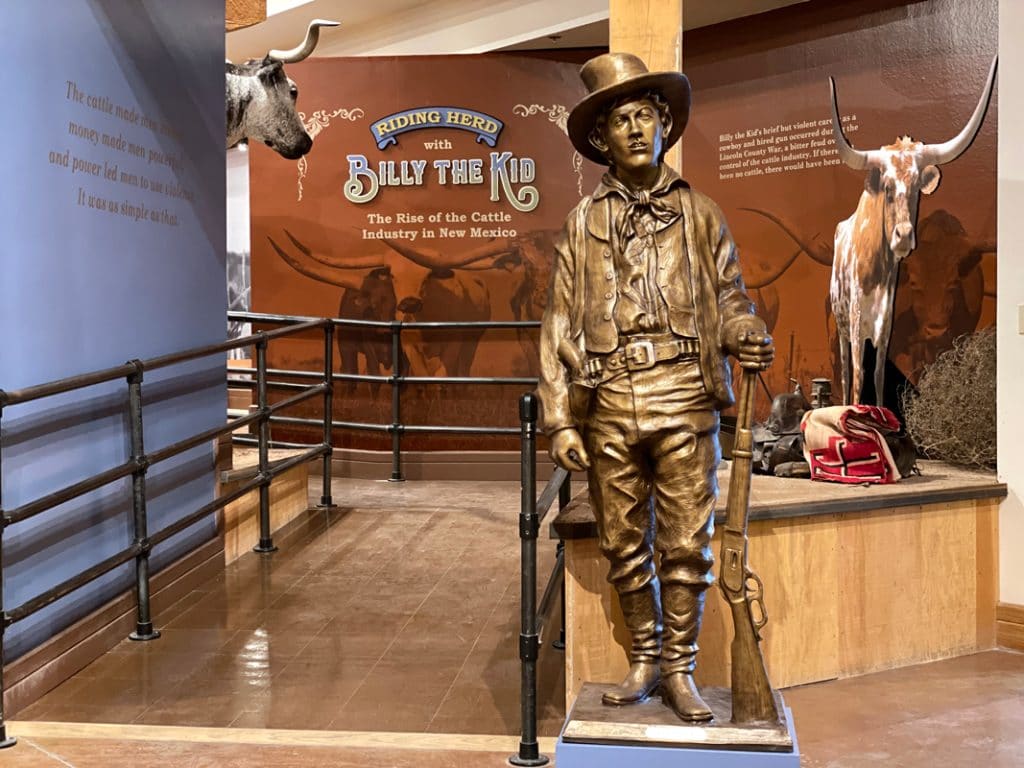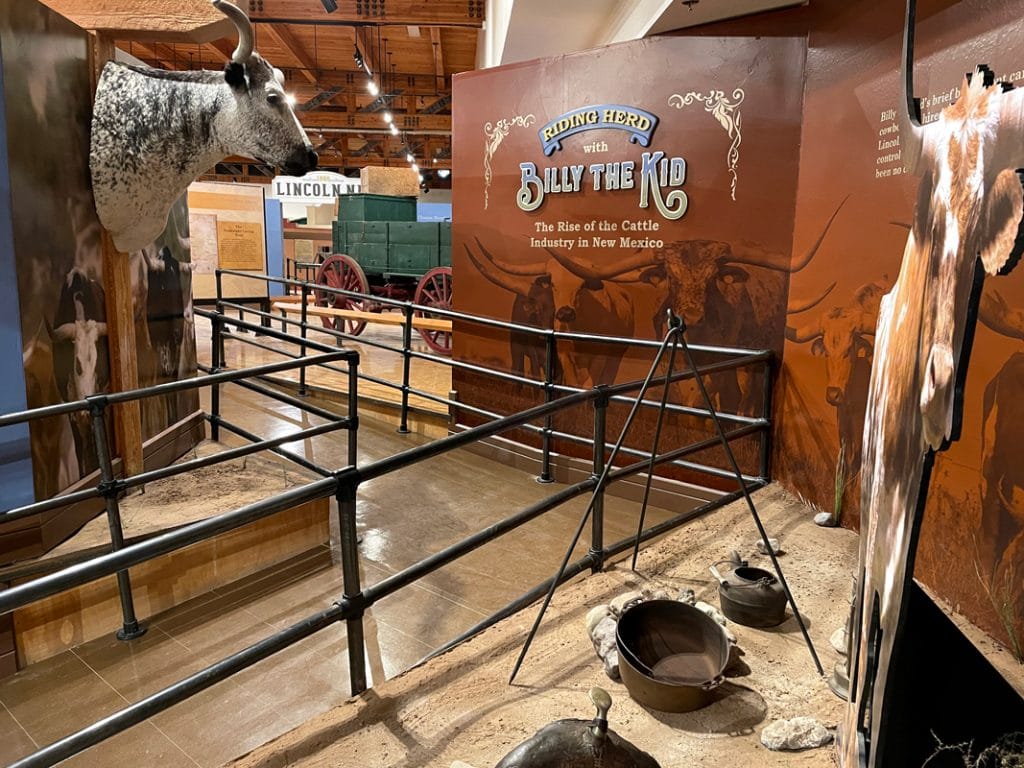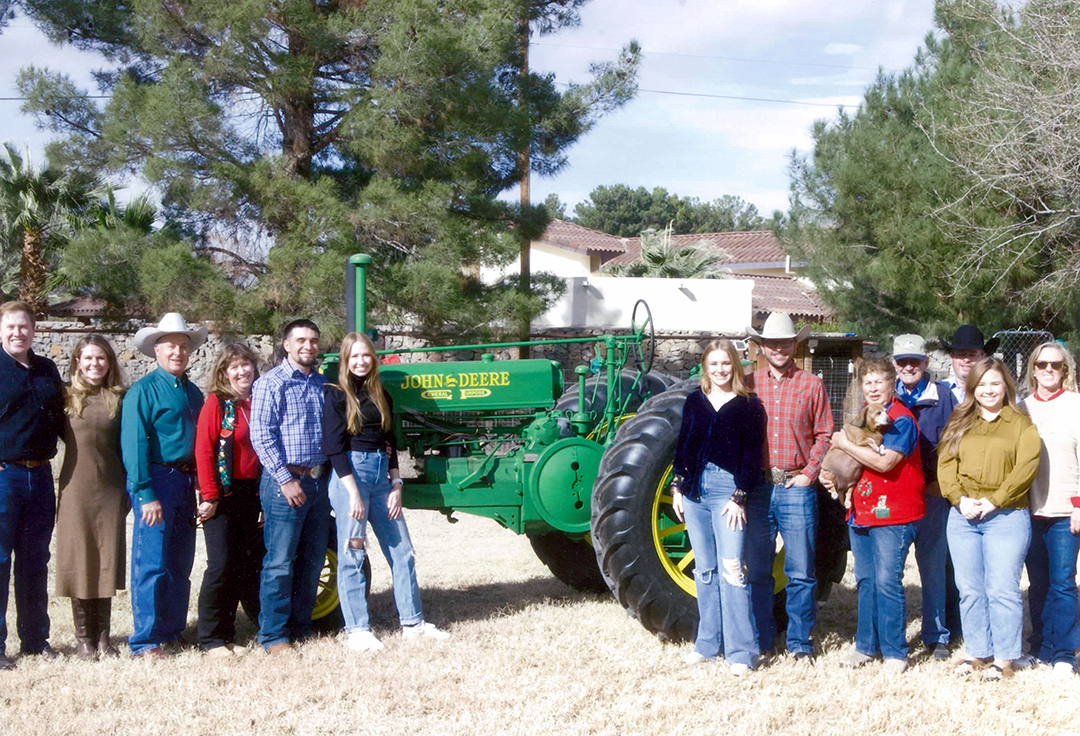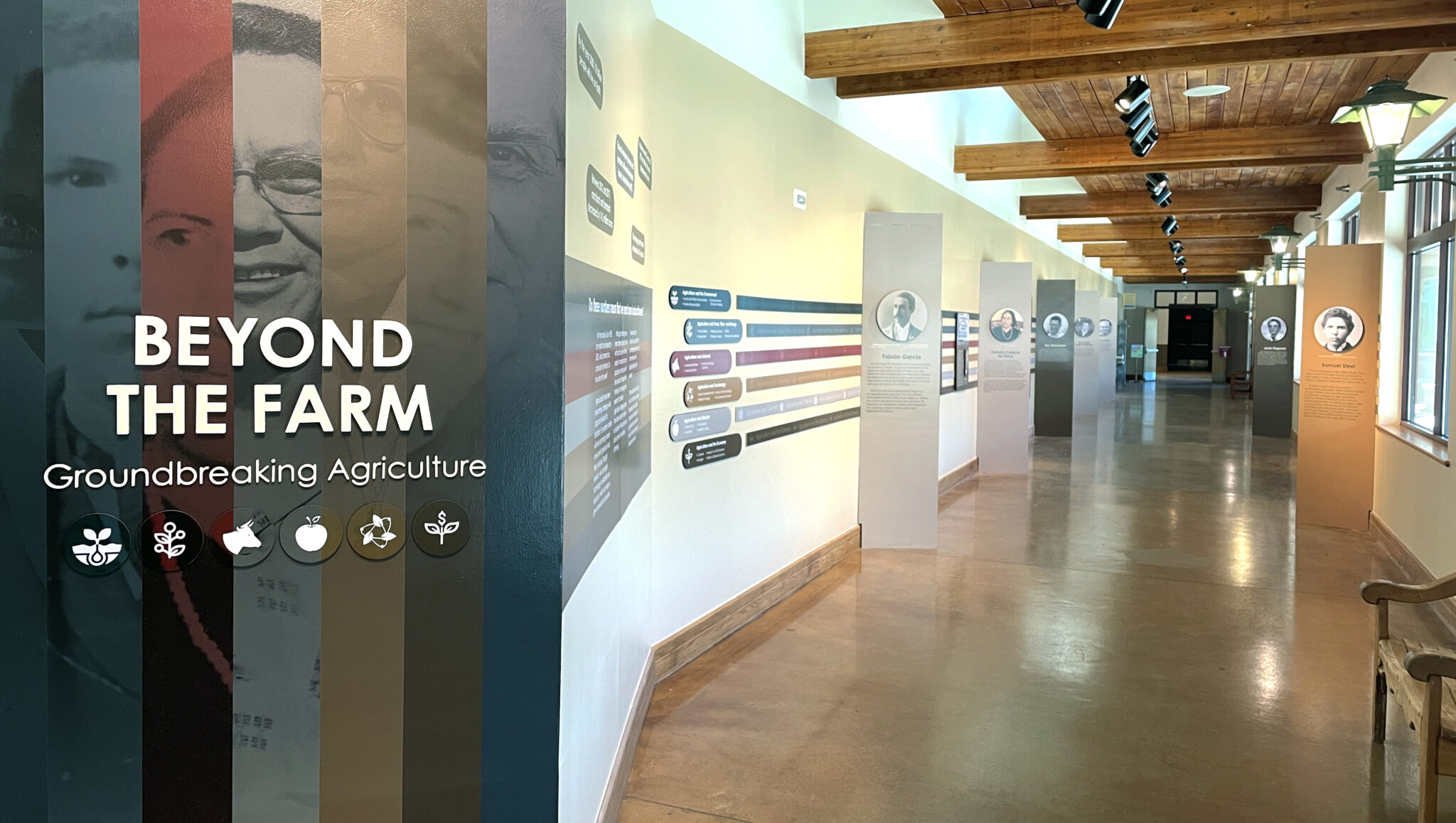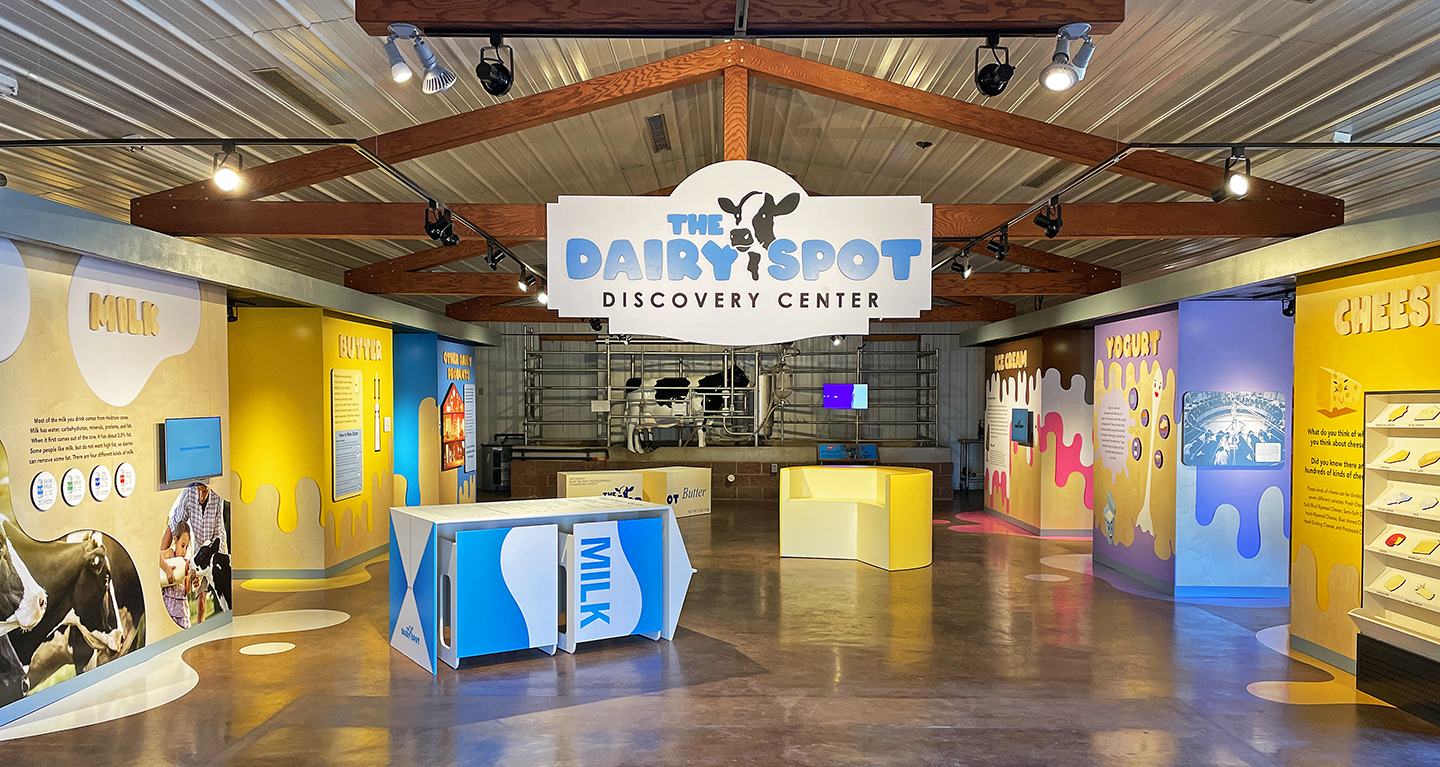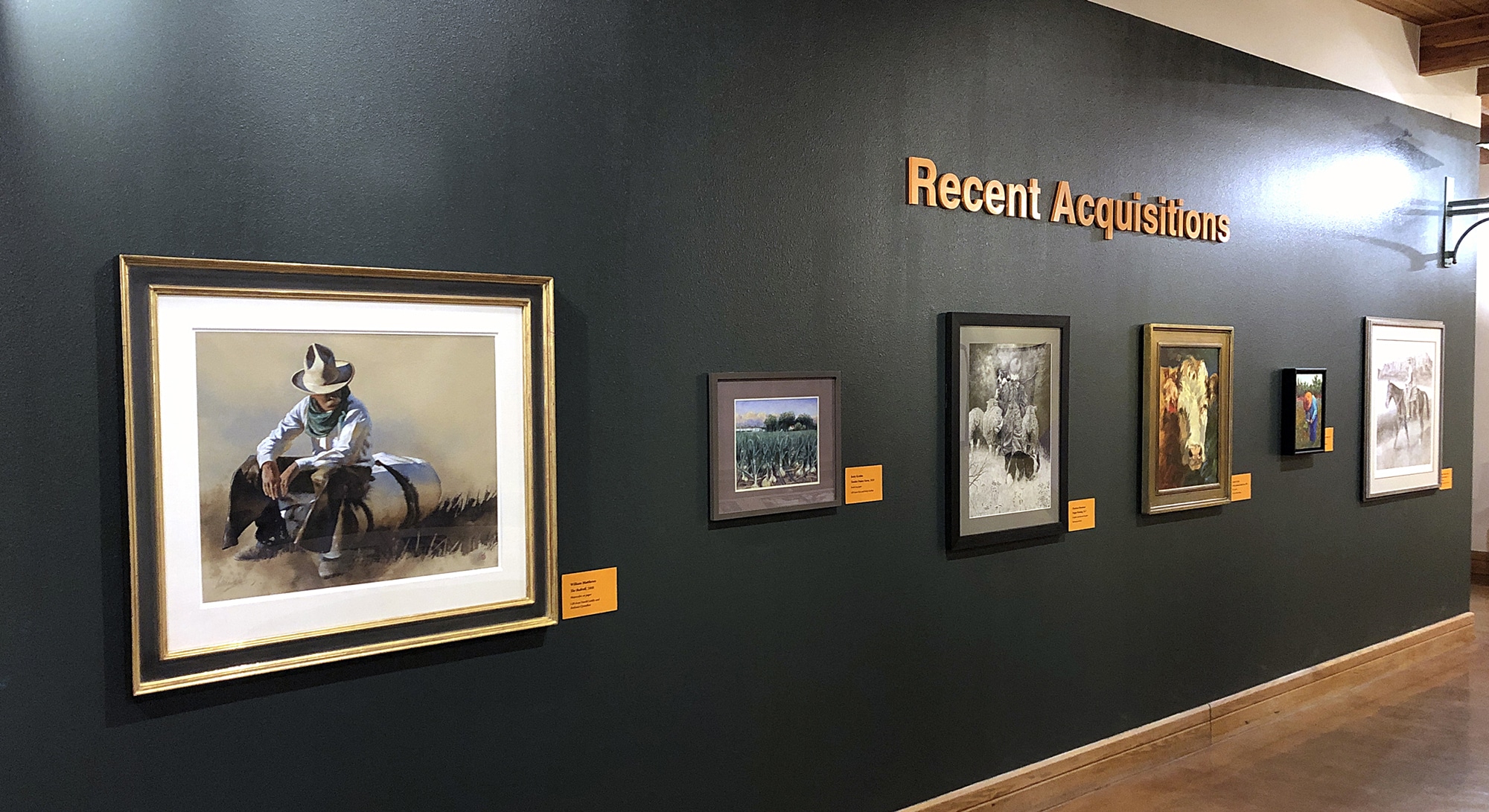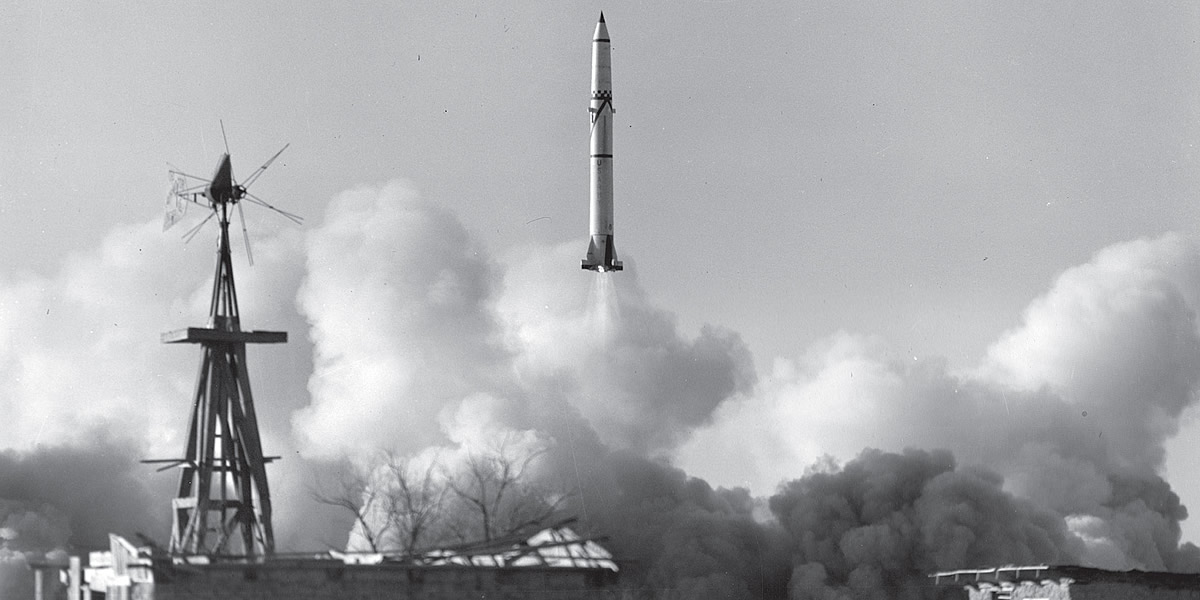New exhibit tells of the violent beginnings of cattle ranching in New Mexico
The Farm & Ranch Museum has an extensive new exhibit weaving together a many-layered story that led to one of the most infamous periods in New Mexico history.
“Riding Herd with Billy the Kid: The Rise of the Cattle Industry in New Mexico” begins with the 1866 cattle drive along what would become the Goodnight-Loving Trail in eastern New Mexico and ends with the Lincoln County War in the late 1870s and its aftermath.
While there are many facets to this story, it is summed up in the exhibit’s introduction: Cattle made men money, money made men powerful, and power led men to use violence. Billy the Kid’s brief but violent career as a cowboy and hired gun occurred during the Lincoln County War, a bitter feud over control of the state’s cattle industry.
“Early on, we saw this exhibit as a way to tell the very important story of the cattle industry in New Mexico,” said the Museum’s History Curator, Leah Tookey. “Because Billy the Kid and the Lincoln County War are two of the most interesting parts of New Mexico history, and both are connected to the cattle industry, we decided to use those stories to tell the bigger cattle industry story.”
Throughout the exhibit are snippets about Billy the Kid and his connection to the overall story. “Our plan is to let Billy the Kid guide the visitor through this very important period of New Mexico history,” said Tookey.
The open range period is part of the exhibit, and other sections cover government beef contracts, the military’s role, prominent ranches, and rustlers.
The exhibit features many objects, large and small. The large is a chuck wagon. The small include artifacts excavated from the site of the 1878 McSween fire in Lincoln. In between are objects such as a rifle scabbard that belonged to John W. Poe, a lawman who was with Sheriff Pat Garrett on the night Billy the Kid was killed; 13 weapons from the time period; Garrett’s branding iron; John Tunstall’s portable writing desk; and running irons used by cattle rustlers to alter brands. Various tools of the trade for a New Mexico cowboy also are part of the exhibit.
Las Cruces artist Bob Diven created a life-sized sculpture of Billy the Kid for the exhibit, and there are many historic photographs and maps.
While the Kid rides front and center as the headliner in this story, many other colorful characters also are featured, including cattle kings, a cattle queen, merchants, and cowboys who doubled as enforcers, or “regulators.”
“The visitor will learn how the cattle kings such as John Chisum used the Texas Open Range system to settle the Territory,” said Tookey. “Visitors will be immersed in the story of the Lincoln County War…what caused it…who fought it…and how it ended.”

